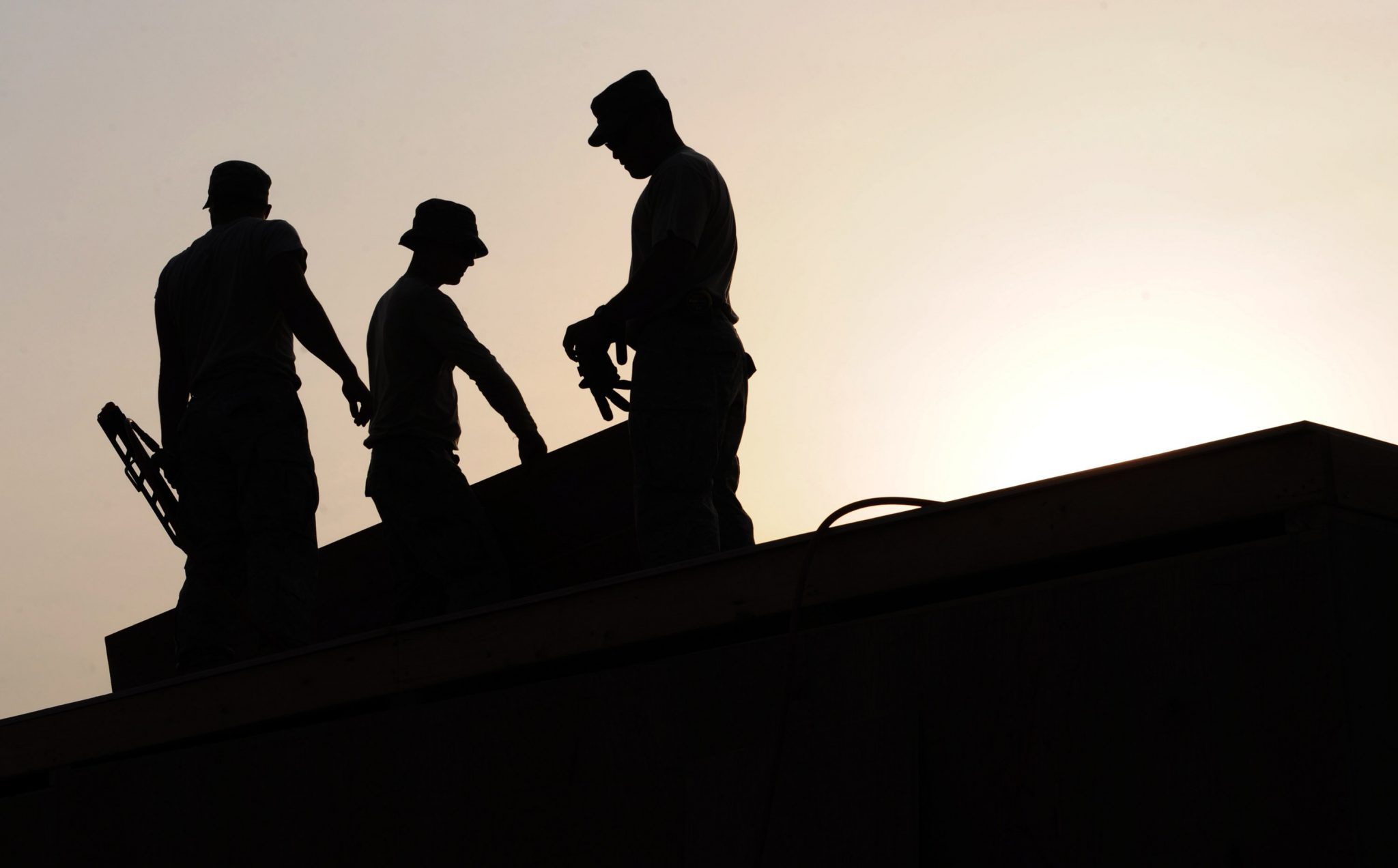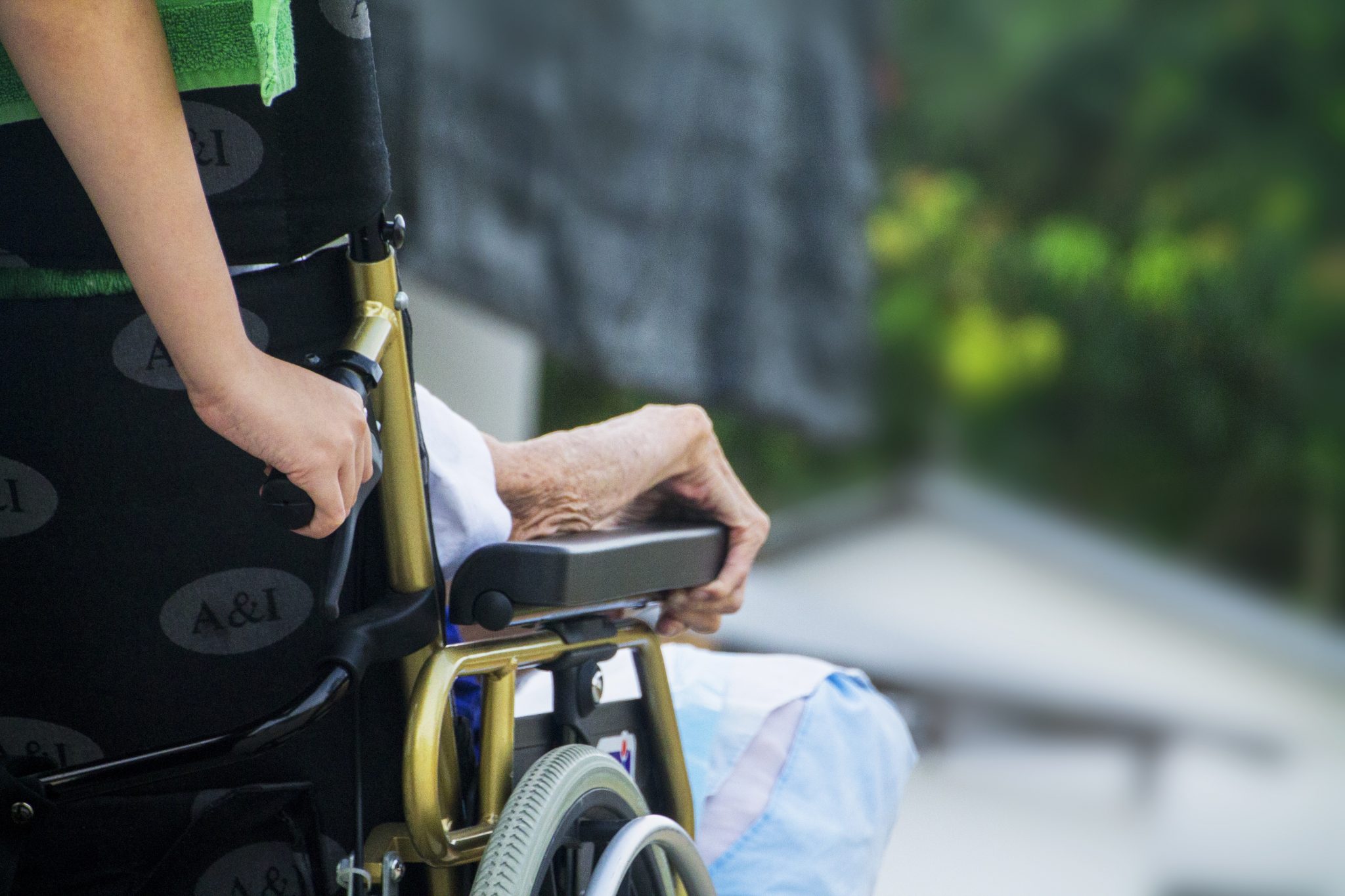- WE’RE HERE TO HELP 24/7
- 800.586.5555
Negligence of Rehab Centers, Nursing Homes and Treatment Centers

Can You Be Fired for Filing a Workers’ Compensation Claim?
January 18, 2019
Distracted Driving Statistics That May Surprise You
January 22, 2019Negligence of Rehab Centers, Nursing Homes and Treatment Centers

During nearly every stage of life, we rely on others to help take care of us to some extent. If the people tasked with this duty, primarily medical professionals, don’t honor their duty to care, significant negative consequences can result. This is especially true for seniors who require higher levels of care. Many older Americans and their families trust care facilities and their staffs to keep them safe and healthy.
Unfortunately, there are more than 2 million cases of reported elder abuse every year. When our fragile state or that of a loved one is taken advantage of, it’s important that we act to prevent the same thing from happening to others.
This is what goes into care facility negligence litigation.
What Behavior Can Lead to a Lawsuit?
A lot can go wrong at a care facility, which is why it is essential they adhere to proper protocol and health care best practices. There are countless accidents, intentional acts and failures to act that could expose these facilities to liability in a negligence case. These are a few examples of employee conduct or failures to maintain proper health care practices that can lead to a civil lawsuit.
Failure to Keep Premises Reasonably Safe
A facility and its staff are expected to be aware of potential dangers, including those they should be aware of through reasonable diligence. This includes everything from mitigating the risk of slip and fall accidents to preventing one resident from harming another.
Vicarious Liability
Facilities which hire an employee who ends up neglecting, abusing or otherwise harming a patient or resident can be held vicariously liable. An employer who fails to properly train and supervise its employees can also be held liable in these cases.
Failure to Maintain Health and Safety Policies
Care facilities are required to maintain living conditions that are adequately clean and sanitary in resident rooms and common areas to prevent the injury or illness of patients in their care. They can be held liable in a civil lawsuit if a person in their care becomes sick or dies because they failed to maintain a clean facility.
Failure to Provide Adequate Medical Treatment
Each facility follows a medical standard of care. When sub-standard medical care results in harm to a resident, it may be appropriate to bring a medical malpractice case against the facility, or against the medical professional who treated the resident.
Standard of Care
Patients trust care facilities to provide them with a reasonable standard of care. By law, this means they can expect attention, caution and prudence that a reasonable medical professional in the same circumstances would exercise.
Failure to meet this standard is considered negligence. Subsequently, any resulting damages may be claimed in a lawsuit by the injured party.
When a facility undertakes patient care, they are generally required to provide this standard of care by employing sufficient staff to maintain reasonable patient outcomes.
Proving Negligence
When a care facility resident is injured, it’s not always obvious what went wrong and who should be held legally responsible. Evidence is frequently incomplete and may be self-serving for the care facility.
Proving negligence can be particularly difficult because it requires the patient to prove their care facility deviated so far from the accepted standard of care and treatment that the law would consider them to have been negligent.
They must also prove that the facility’s negligence was the primary cause of the injury they suffered.
Helping Patients
At nursing homes, elderly residents are often unable or unwilling to communicate with family members about incidents of abuse. Due to physical or mental infirmities, a pervasive sense of helplessness may force them to minimize the level of mistreatment, believing there is no acceptable alternative.
What family members and loved ones can do to help is keep a keen eye out for evidence of abuse and neglect. These signs may not always be obvious like bruises, sores or broken bones.
Elderly individuals might show signs of dehydration or weight loss, which can easily be mistaken for signs of aging. If loved ones notice these symptoms, they should question or look for reasons for the change.
If the facts and the evidence so warrant, attorneys can file a lawsuit against the facility to seek compensation for injuries caused by their abuse and neglect.
